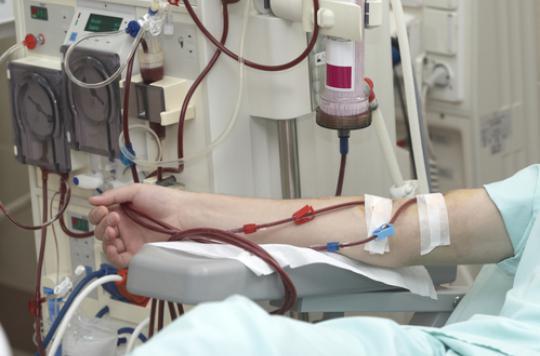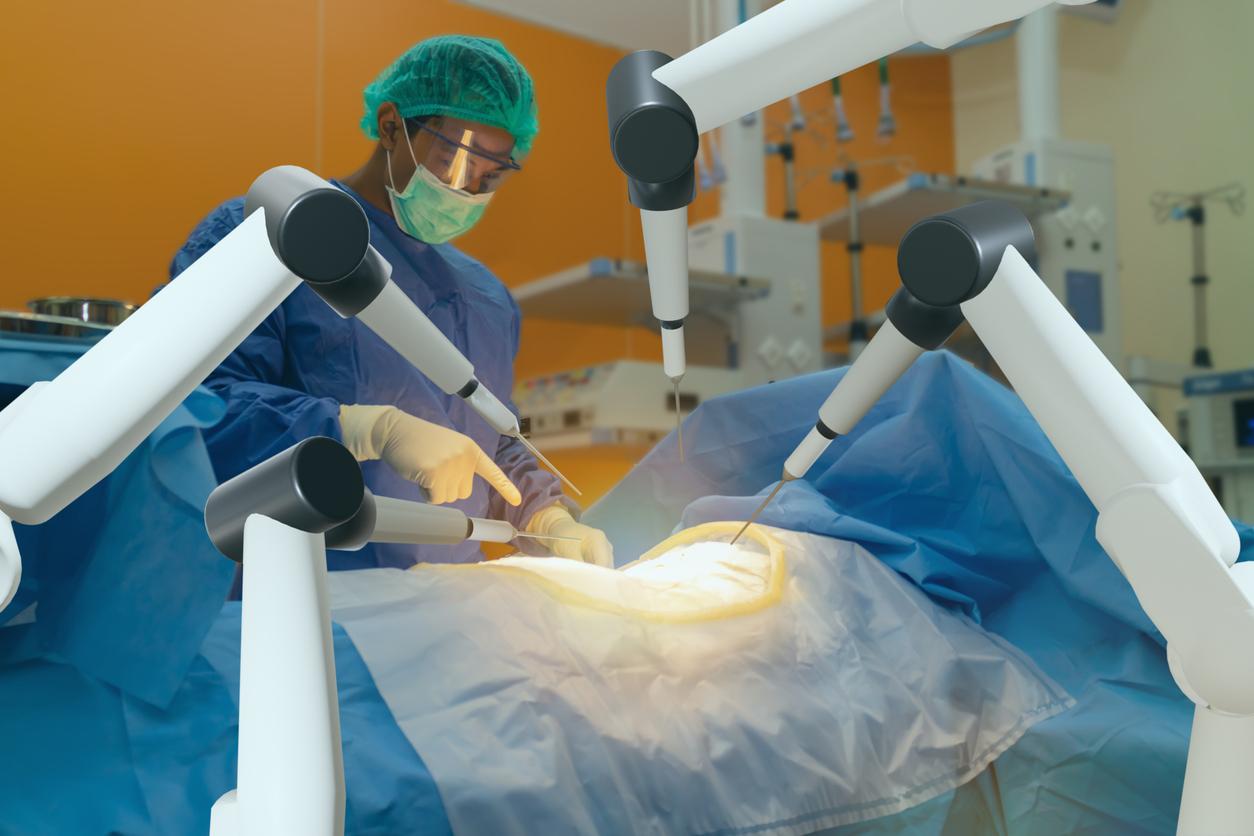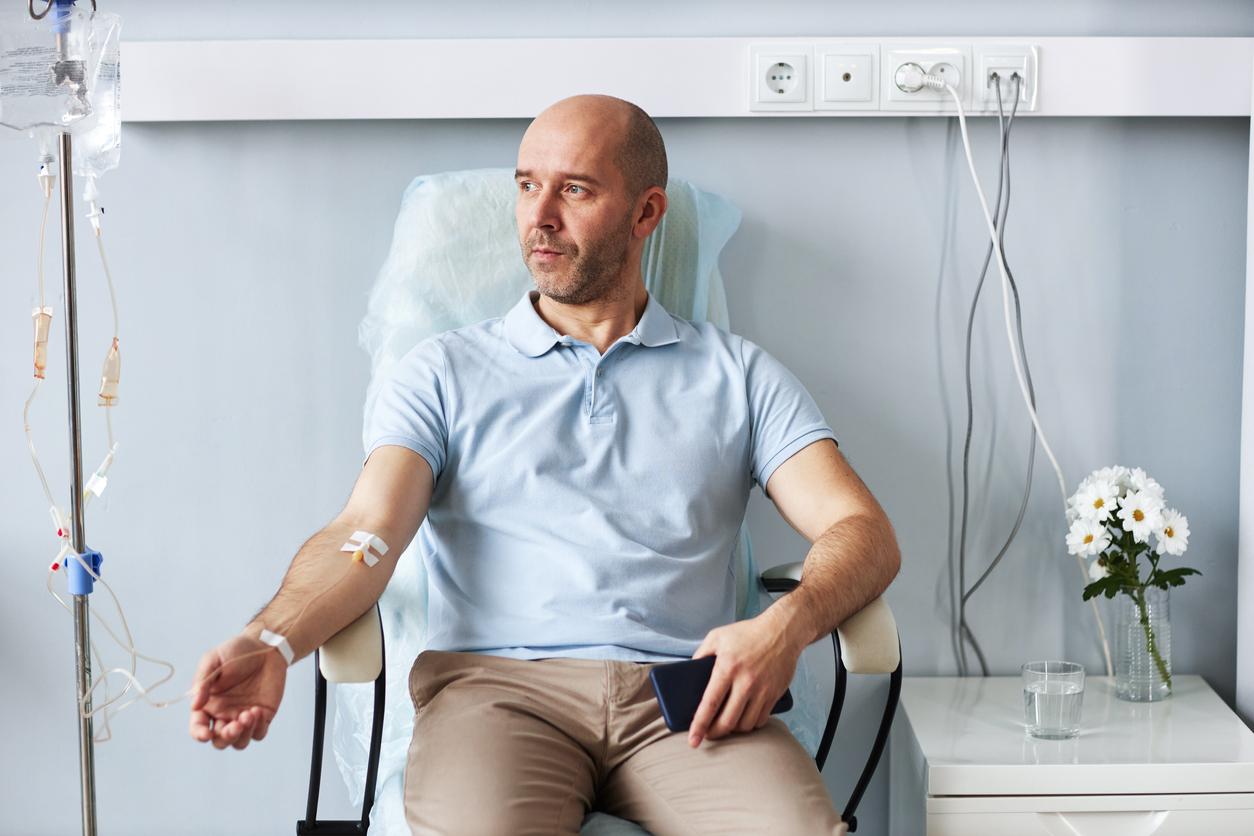Access to kidney transplantation is uneven between educated and less educated patients. Registration on the waiting list tends to erase these disparities.

The most educated patients with renal failure are almost twice as likely to benefit from a kidney transplant than the less educated patients, reveals a French study published on Wednesday in the journal Population. This work, led by sociologist Christian Baudelot from the Ecole Normale Supérieure and the Maurice-Halbwachs Center, in collaboration with the Renaloo patient association, is the first to show these inequalities in access to kidney transplantation in France.
To conduct this study, the team relied on the 2012 Kidney Estates survey and the 2011 Quavi-REIN survey conducted using the Biomedicine Agency registry. A total of 11,400 dialysis or transplant patients were asked about their level of education, profession and income. “These two sources converge towards the same conclusion: whatever the age group and sex, graduated patients have more often access to the transplant than the others”, indicates Christian Baudelot to Why actor.
In France, more than 76,000 people suffer from end-stage renal disease. Kidney transplantation, performed from a deceased or living donor, represents the best treatment in terms of survival and quality of life for these patients. And although not all are eligible for the transplant, approximately 1,800 patients could be registered on the list, according to the High Authority of Health.
Profitable dialysis
To explain these inequalities in access to healthcare, the sociologist suggests 3 hypotheses. First of all, “the least educated, the most vulnerable categories are more often struck by pathologies which represent contraindications to kidney transplants such as obesity or diabetes. But this medical hypothesis does not explain everything, ”he explains. Indeed, the organization of the healthcare system would have favored dialysis to the detriment of kidney transplantation.
The latter is carried out only in university hospitals, while dialysis is largely covered by private clinics and non-profit associations. “And the generalization of fee-for-service with dialysis packages fully covered by social security makes the dialysis system very profitable for both clinics and public hospitals”, underlines Christian Baudelot. A hypothesis confirmed by a report from the Court of Public Accounts in September 2015 in which the Sages of rue Cambon raised that “most patients have three four-hour sessions each week, which generates an income of nearly 6,000 € per patient and per year for the practitioner present. In fact, the latter is not encouraged to direct his patient population towards possible alternatives. “
Christian Baudelot, psociologist at the Ecole Normale Supérieure and vice-president of the Renaloo association: ” Over time, dialysis has become a financially very profitable industrial system with its laboratories, clinics and machine manufacturers. “
Geographic disparities
The organization of the healthcare system is also responsible for geographic inequalities in registration on the waiting list. Certain regions would indeed be more inclined to include dialysis patients on the list, like Ile-de-France where 87% of patients under 60 were registered on the waiting list in 2011, against only 36% in the Provence-Alpes-Côtes-d’Azur region. Add to this that 8 departments (Alpes de Haute-Provence, Ariège, Creuse, Eure, Jura, Lozère, Haute-Marne and Haute-Saône) do not have centers authorized for sampling in 2014.
Finally, the sociologist underlines that the most educated patients, regardless of the pathology, know better how to orient themselves in the medical world because they are better informed and understand the course of care. Thus, they can access the best treatments.
Christian Baudelot : ” Unlike many other conditions, the cheapest treatment is also the most effective. It is a very extraordinary paradox. “
The egalitarian waiting list
However, these inequalities disappear once the patient has been placed on the waiting list because it is no longer a doctor who decides the order of priorities but a mathematical algorithm put in place by the Agence de la Biomedicine. This system thus allows equity between patients and removes the discriminating factor that is the diploma.
To remedy these inequalities, the sociologist suggests modifying the fee-for-service pricing system. He also stresses the importance of developing kidney transplants from living donors, by improving the information given to patients and families, especially the most vulnerable.
.















